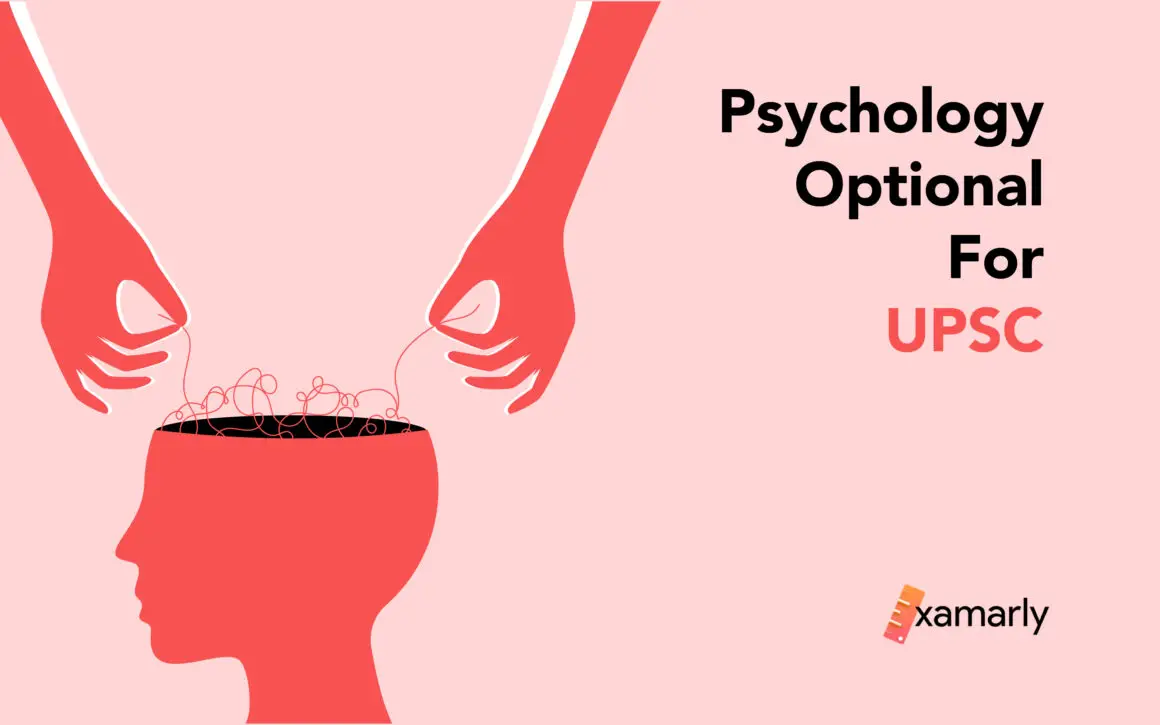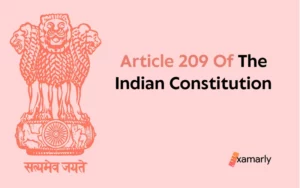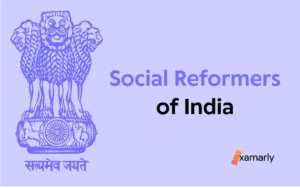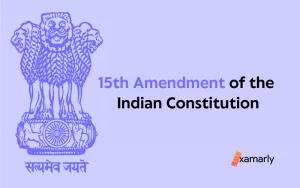Psychology Optional Strategy For UPSC 2023
Psychology is one of the 48 optional subjects for the UPSC mains test. UPSC offers psychology as one of the electives on its major civil service exams. The scientific study of the human mind and its processes, especially those that influence behavior in certain situations, is called psychology. The challenging aspect of psychology is that it is seen as a natural science, a social science, and a subject in the living sciences. This makes studying and writing UPSC exam answers a bit risky. But as many previous toppers have shown, this option is possible with serious research and the right help.
- Psychology Optional Strategy For UPSC 2023
- Who Should Choose Psychology Optional For UPSC
- Is Psychology A Scoring Subject?
- How Many Candidates Opt For Psychology Optional?
- Psychology Optional Success Rate
- Pros And Cons of Psychology Optional
- Psychology Optional Strategy for UPSC 2023
- FAQs On Psychology Optional for UPSC
Who Should Choose Psychology Optional For UPSC
- Area of interest: When choosing an optional subject, one should prioritise their area of interest above everything else. You can pursue it if you are interested in psychology.
- One’s Background: Psychology is a good choice if you struggle with memorization and rote learning because it demands more comprehension and intellectual clarity.
- Psychology is a good choice for someone who struggles with memorization and rote learning because it needs greater comprehension and intellectual clarity.
Is Psychology A Scoring Subject?
Many IAS aspirants hold the wrong idea about this subject. As you can see, there have been outstanding students who chose psychology as an elective. If one put in the effort, the scoring choice for this subject is just as good as any other subject. Considering psychology’s high success rate, many candidates choose it as optional. Many candidates have achieved scores of 300 or higher in psychology, and many have achieved top rankings. Although the UPSC does not favour any particular optional subject over another, a person should prioritise their interests when selecting an optional.
How Many Candidates Opt For Psychology Optional?
According to the UPSC’s annual report, 21 of the 193 applicants who chose psychology as an optional in 2018 passed the CSE exam in 2017. This gives psychology a 10.9% performance level overall.
Psychology Optional Success Rate
| Year | No. of candidates appeared | No. of candidates cleared | Success Rate (%) |
| 2017 | 193 | 21 | 10.9 |
| 2016 | 1061 | 116 | 10.9 |
| 2015 | 238 | 28 | 11.8 |
| 2014 | 373 | 59 | 15.8 |
| 2013 | 348 | 34 | 9.8 |
| 2012 | 1163 | 92 | 7.9 |
| 2011 | 1365 | 143 | 10.5 |
| 2010 | 1139 | 93 | 8.2 |
Pros And Cons of Psychology Optional
Below are some benefits and drawbacks of psychology optional
Psychology Optional’s Pros
- The majority of individuals find the core functions of the intellect to be fascinating, and this topic is typically thought to be quite interesting. So it can be extremely simple to maintain fascination with the topic during your preparations.
- There is plenty of excellent study resources for this subject.
- One can support their answers with several instances from everyday life, which makes it possible for it to be scored.
- You do not need to be a graduate in this field to study this optional.
- It’s a good alternative for doctors who don’t want to pursue medical research as an elective.
- When writing an Ethics paper, psychology can be helpful because it occasionally has a philosophical bent. Because ethics is a complex subject, psychology can help you better understand its abstract character and write more effective responses.
- Psychology can be useful in several GS I (social problems) and essay writing subjects as well.
Psychology Ostional’s Cons
- You should avoid studying this subject if you have no interest in learning about it because it can seem vague.
- If you solely use textbooks written by authors from other countries, psychology could be a bit difficult to understand for persons with various academic backgrounds.
- Comparable to the general studies papers, there is relatively little similarity.
- The psychology optional course has a rather extensive syllabus.
Psychology Optional Strategy for UPSC 2023
For Psychology Optional, careful planning is necessary if you want to perform well on the test. You should bear in mind that you should take this optional out of enjoyment, not out of necessity when you are preparing for it. Therefore, reading over the syllabus in its whole is the first step in preparing for this optional. Then, review the essential texts and study plans for this subject. You will comprehend the ideas more clearly as a result.
A methodical approach to the subject is part of a good strategy for the UPSC psychology test. The paper’s syllabus covers the introduction, methodology, and related topics. Additionally, it evaluates the candidates’ knowledge of the science and how it is used. As a result, many psychology students choose to take this elective.
Although the subject matter of Paper I is quite simple, one must make sure to cover all aspects of the topic. There will be both theoretical and application-based questions. As a result, in addition to memorising the material for Paper I, you also need to have a plan in place for Paper II’s answer writing.
FAQs On Psychology Optional for UPSC
Which books should be used for the UPSC Psychology subject for the UPSC exam?
Books to refer for Psychology subject for UPSC exam are as given below
Abnormal Psychology & Modern Life James. C. Coleman
Achieving Society David McClelland
Theories of Personality Hall & Lindzey
Social Psychology Baron & Byrne
The Psychology of Small Group Shaw






